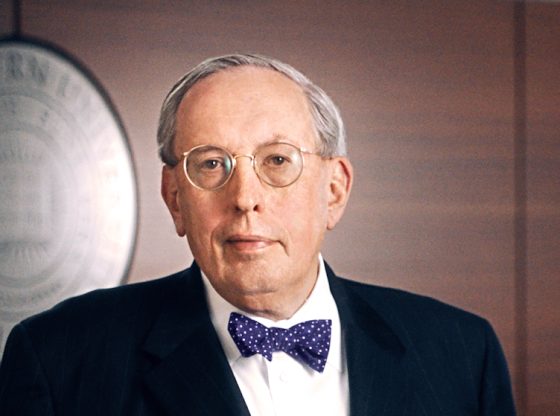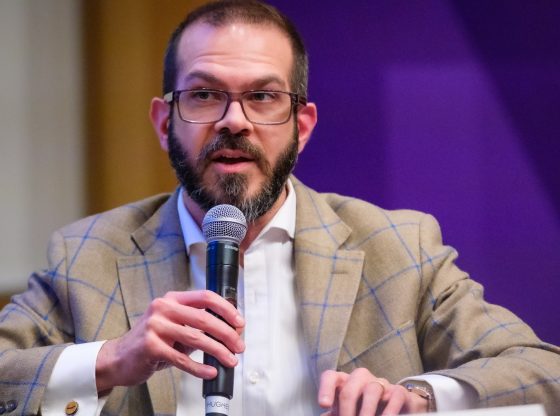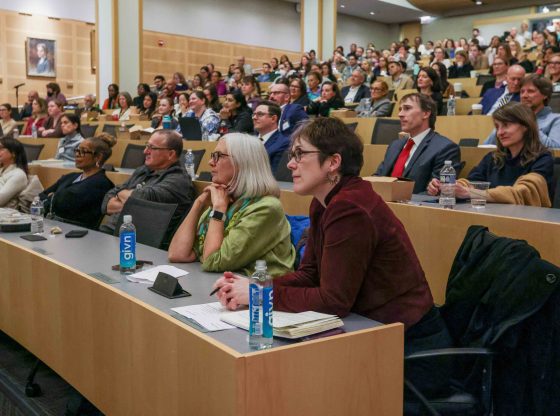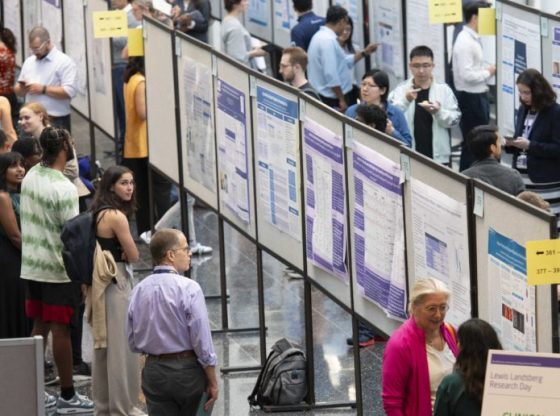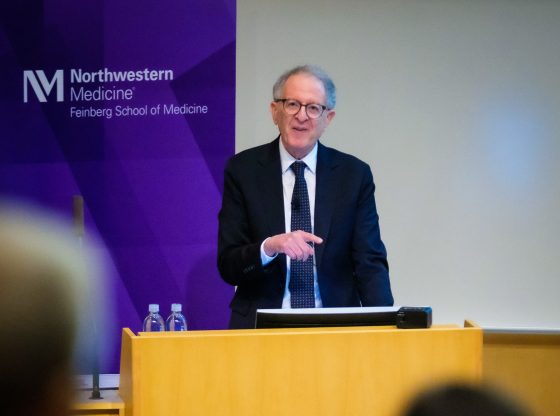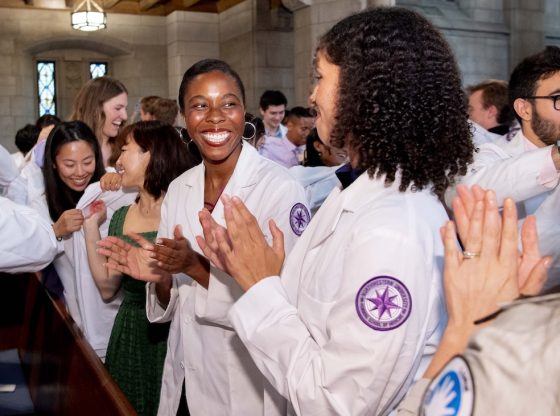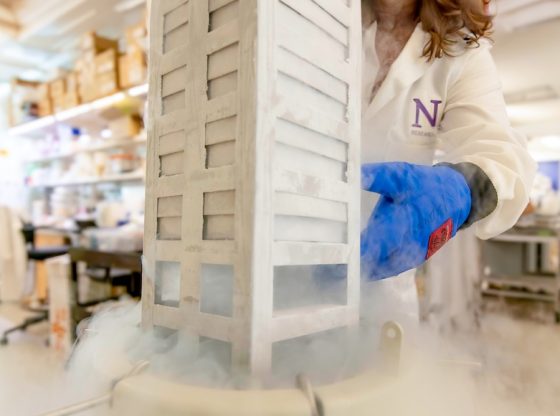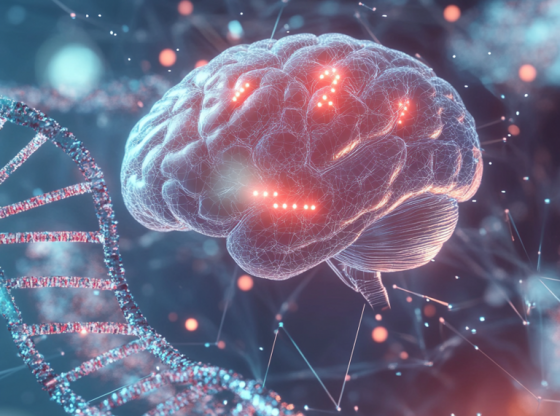Six Feinberg faculty have recently been elected members to the nation’s most prestigious honorary societies: the National Academy of Sciences, the American Academy of Arts and Sciences, and the National Academy of Medicine.
DEVELOPING PHARMACEUTICAL THERAPIES
Richard B Silverman, PhD National Academy of Sciences

The Patrick G. Ryan/Aon Professor in the Department of Chemistry in the Weinberg College of Arts and Sciences and of Pharmacology, Silverman focuses his research on central nervous system disorders, including amyotrophic lateral sclerosis (ALS), Alzheimer’s disease, Parkinson’s disease, and epilepsy, and on cancer, including melanoma and hepatocellular carcinoma. He is the inventor of Lyrica, a breakthrough drug marketed by Pfizer for epilepsy, fibromyalgia, and neuropathic pain, as well as another drug treating children with infantile spasms, a third drug in clinical trials for tuberous sclerosis and infantile spasms, and a fourth drug in IND review for ALS.
DISCOVERING NEW DIRECTIONS IN CANCER TREATMENT
Ali Shilatifard, PhD American Academy of Arts and Sciences
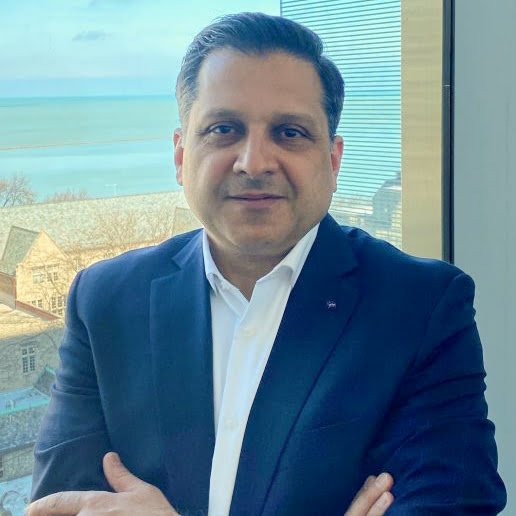
Shilatifard is the Robert Francis Furchgott Professor and chair of Biochemistry and Molecular Genetics. He is also director of the Simpson Querrey Institute for Epigenetics. Shilatifard’s research focuses on the causes of childhood leukemia through chromosomal translocations. His laboratory has also discovered novel mechanisms underlying transcription elongation, the process of synthesizing RNA from DNA.
Studies from Shilatifard’s laboratory linking epigenetic factors and transcription elongation control to malignancies have provided new therapeutic approaches for cancer treatment.
PIONEERING ADVANCES IN BIOANALYTICAL TECHNOLOGY
Shana Kelley, PhD American Academy of Arts and Sciences

Kelley is the Neena B. Schwartz Professor in the Departments of Chemistry, Biomedical Engineering, and Biochemistry and Molecular Genetics. She is also the president of the Chan Zuckerberg Biohub Chicago. Her research centers on bioanalytical technology development which spans a variety of disciplines. She and her collaborators have pioneered new methods of tracking molecular and cellular analytes with unprecedented sensitivity. A successful inventor and entrepreneur, she holds more than 50 patents worldwide and has founded four molecular diagnostics companies.
ADVANCING KIDNEY HEALTH
Susan Quaggin, MD American Academy of Arts and Sciences
Quaggin is the chief and Charles Horace Mayo Professor of Nephrology and Hypertension in the Department of Medicine and also director of the Feinberg Cardiovascular and Renal Research Institute.
Quaggin has conducted extensive research related to kidney health. Her work in molecular biology around transcription factor action within developing kidneys has helped improve mouse models used to study kidney disease. Her research has also spurred new protocols for renal assessments and led to new insights into pre-eclampsia.
FURTHERING MEDICINE THROUGH BIOMATERIALS, NANOTECHNOLOGY
Guillermo Ameer, ScD American Academy of Arts and Sciences

Ameer is the Daniel Hale Williams Professor of Biomedical Engineering and of Surgery, as well as director of the Center for Advanced Regenerative Engineering. Ameer’s laboratory develops biomaterials and nanotechnology for regenerative engineering, tissue engineering, medical devices, drug delivery, and cell delivery applications. Ameer and his collaborators pioneered the development of citrate-based antioxidant biomaterials referred to as polydiolcitrates. Ameer has been named an American Association for the Advancement of Science fellow as well as a National Academy of Inventors fellow. He is also an elected member of the National Academy of Medicine.
UNDERSTANDING NEURODEGENERATIVE DISORDERS
Dimitri Krainc, MD, PhD National Academy of Medicine
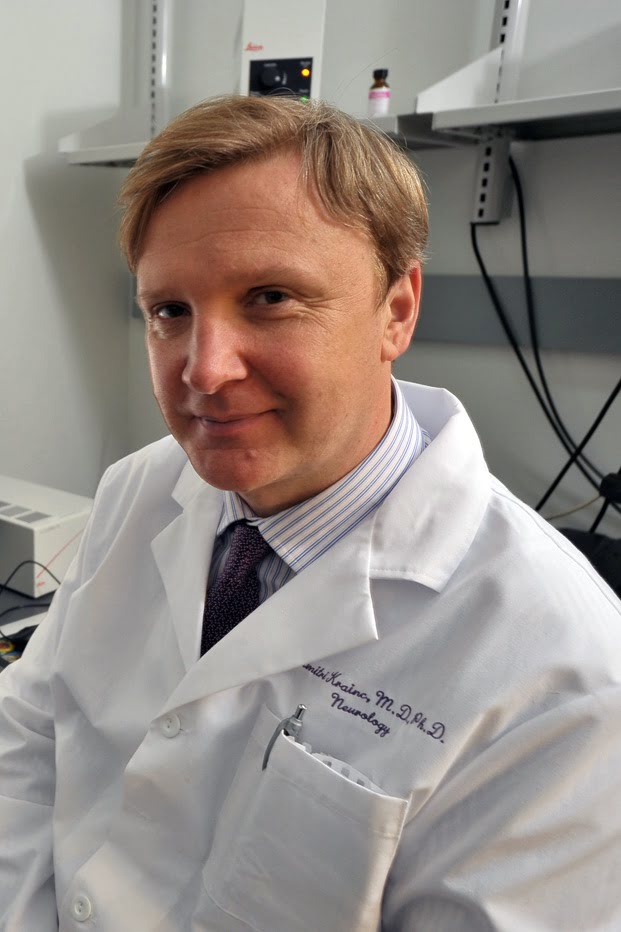
Krainc is the chair and Aaron Montgomery Ward Professor of Neurology and also directs the Simpson Querrey Center for Neurogenetics. Throughout his distinguished career, he has studied the molecular mechanisms of neurodegenerative disorders that have paved the way for novel therapeutics. His group uncovered key pathogenic mechanisms across different neurodegenerative diseases, such as Huntington’s disease and Parkinson’s disease. His research group was the first to demonstrate dysregulated gene expression early in the pathogenesis of Huntington’s disease. He has founded two biotech companies that are developing targeted therapies for Parkinson’s and related disorders.
Faculty Inducted into Prominent Medical Societies
Five Feinberg faculty members have been inducted into the American Society for Clinical Investigation (ASCI) and the Association of American Physicians (AAP), two of the oldest medical honor societies in the United States.
This year’s ASCI inductees include Josh Levitsky, MD, ’08 MS, professor of Medicine in the Division of Gastroenterology and Hepatology; Huiping Liu, MD, PhD, associate professor of Pharmacology and of Medicine in the Division of Hematology and Oncology; and Daniela Ladner, MD, MPH, the John Benjamin Murphy Professor of Surgery and vice chair of research and innovation in the Department of Surgery.
This year’s AAP inductees are Stephanie Eisenbarth, MD, PhD, chief of Allergy and Immunology in the Department of Medicine and the Roy and Elaine Patterson Professor of Medicine; and Leonidas Platanias, MD, PhD, the Jesse, Sara, Andrew, Abigail, Benjamin and Elizabeth Lurie Professor of Oncology and director of the Robert H. Lurie Comprehensive Cancer Center of Northwestern University.


